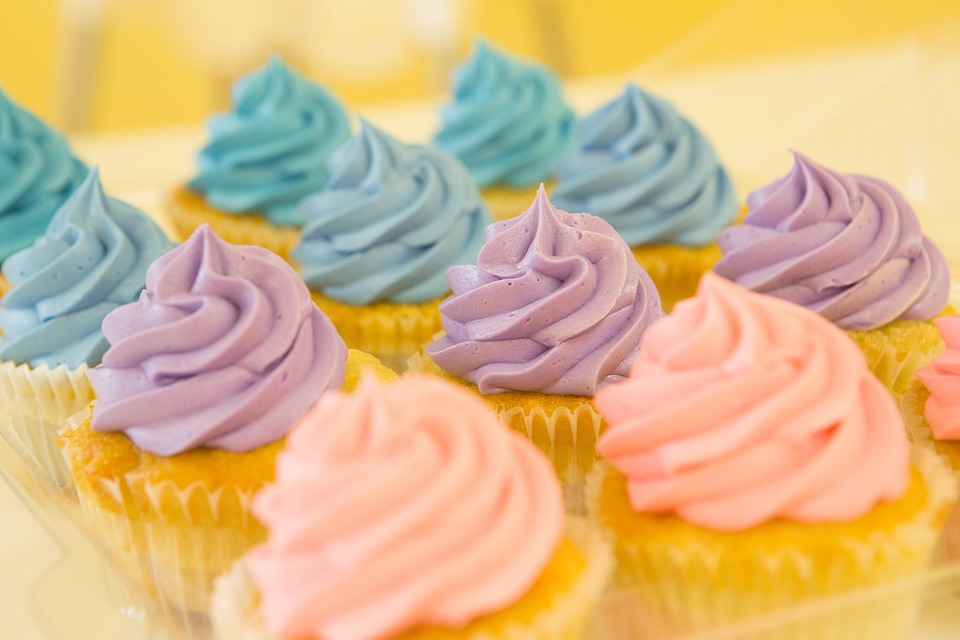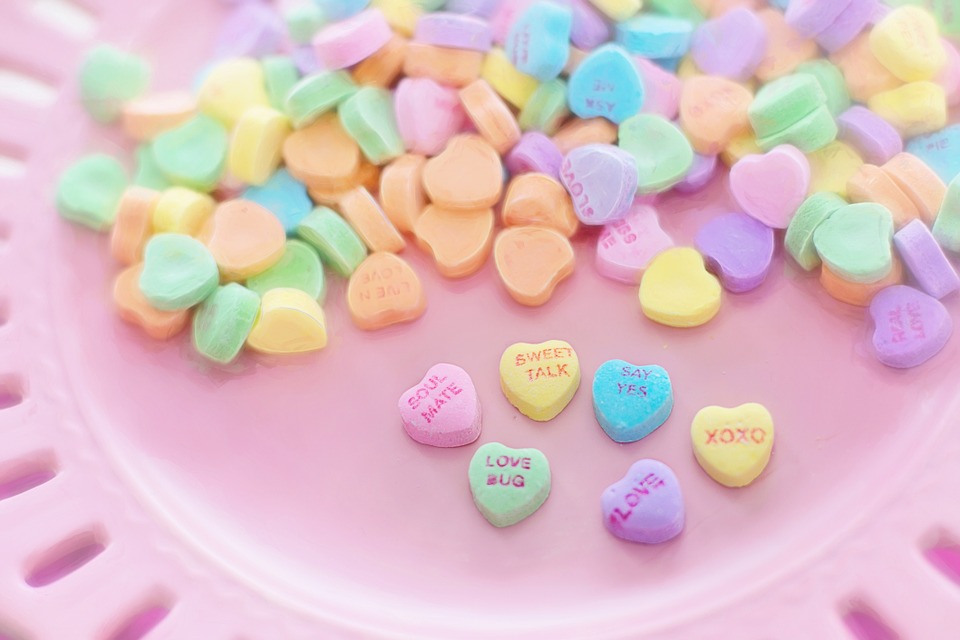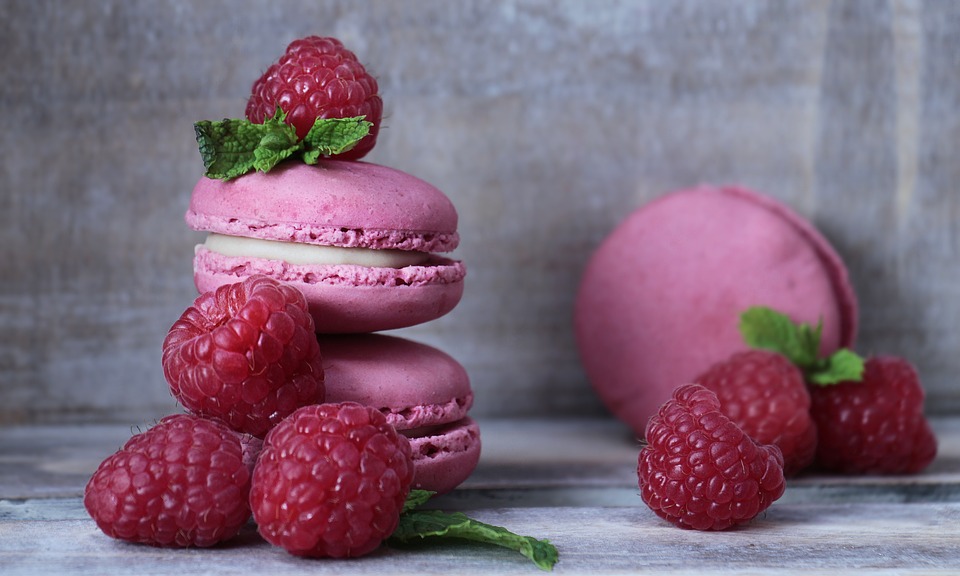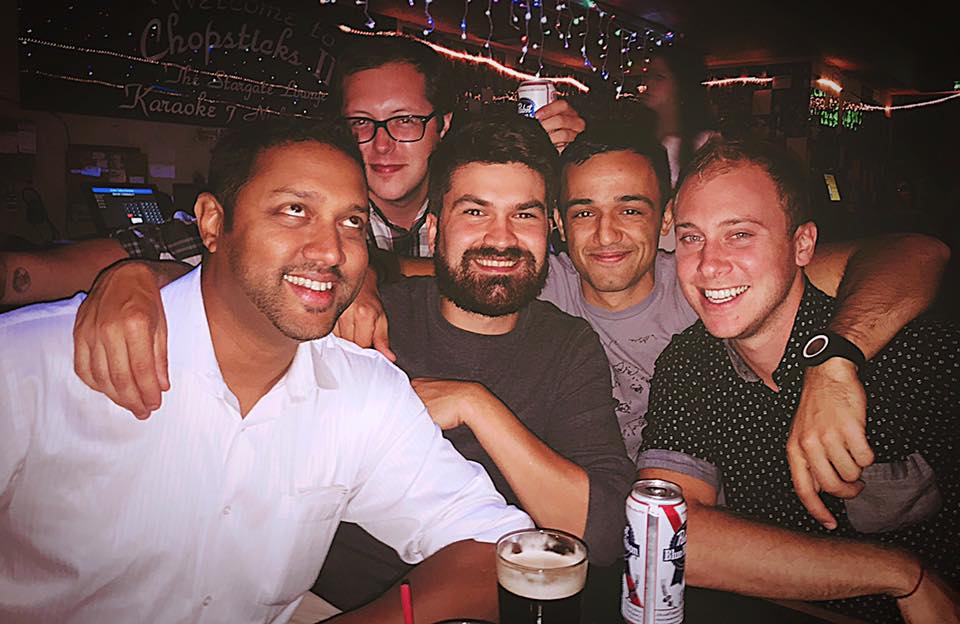The Sweetest of Posts
The 12-step chocoholics program: Never be more than 12 steps away from chocolate! — Terry Moore

Although I’m not Catholic, going to Catholic schools most of my life did instill in me one religious practice: the practice of Lent (and feeling guilty for everything). For the uninitiated, Lent involves giving something up for about 40 days in the spring—an occasion I use as an exercise in willpower.
And this year, like those prior, I have given up “sweets” (i.e., a loosely defined word that captures everything from cinnamon muffins to banana splits).
So, since I have sweets on the brain (because I can’t have them on the tongue), let’s talk about two surprising psychological factors that tempt you (and me) to indulge…
OH MY SWEET, SWEET
According to the US Department of Agriculture (USDA), the average American consumes as much 156 pounds of sugar a year, which equates to about 22 teaspoons of sugar a day.
For comparison, the American Heart Association recommends that we have no more than three to nine teaspoons of sugar daily…

Romantic commercials.
Okay, so it turns out that viewing anything romantic—romantic quotes, romantic commercials, a romantic story—can make you more likely to indulge in sweets. For example, researchers had participants read a story about a young couple who were either (a) very romantic with one another, or (b) nice to one another but focused on their own goals and tasks.
Afterward, participants were offered the choice of a bag of mini-Ritz crackers or mini-Oreos. The results showed that those who read the romantic story were about 20% more likely to choose the sweet option.

Therefore, when one concept gets activated (the sweetness of romance) it can trigger associated concepts (sweet foods), which in turn influence our behavior.
CURIOUSLY SWEET
Across all of the posts on this site, I try to incite readers’ curiosity for the mind by sharing interesting findings or unexpected results. But one thing I always try to do is satisfy that curiosity with answers and explanations.
But what if I didn’t?

In one study, researchers showed participants a bunch of blurred pictures and had them try to guess what each was. For those in the low-curiosity condition, participants learned the right answer immediately after their guess. For those in the high-curiosity condition, they were never told the true identity of the pictures.
Later in the study, participants engaged in an “unrelated” taste testing task, where they were given ten M&M’s and left to eat as many as they’d like. And those from the high-curiosity condition ate on average 7, whereas those in the low-curiosity condition only at around 4 (a statistically significant difference!).
Other research in this line of work actually showed evidence for this curiosity-to-indulgence effect in the brain. That is, with curiosity unsatisfied, researchers saw greater activation in the insula which is associated with rewards, thereby making the appeal of sweets (a reward) more desirable!
SWEET TEETH
So, considering that (a) I am in a very loving and romantic relationship, and (b) my curiosity is constantly being triggered with research, this Lent has been the hardest yet [insert pained emoji].
However, it’s a good thing I wrote this post, or I may have been left thinking that my willpower was just weakening instead.
Willpower Maybe Still Weakening,
jdt
Everyday Psychology: What are some other factors that may influence your likelihood of consuming sweets? And how may they relate to the psychology we discussed today? For example, people tend to overindulge in sweets following a romantic break-up. Can you see any connection between this and what I described earlier? As another example, people often tend to eat more sweets when they’re bored. How may this also relate to the research I discussed today?
Wiggin, K. L., Reimann, M., & Jain, S. P. (2019). Curiosity Tempts Indulgence. Journal of Consumer Research. Volume 45, Issue 6; Pages 1194–1212
Yang, X., Mao, H., Jia, L., & Bublitz, M. G. (2019). A Sweet Romance: Divergent Effects of Romantic Stimuli on the Consumption of Sweets. Journal of Consumer Research. Volume 45, Issue 6; Pages 1213–1229







